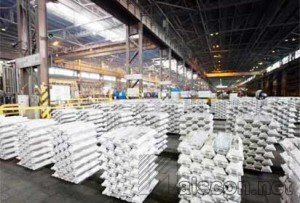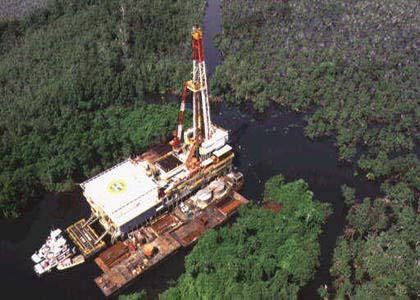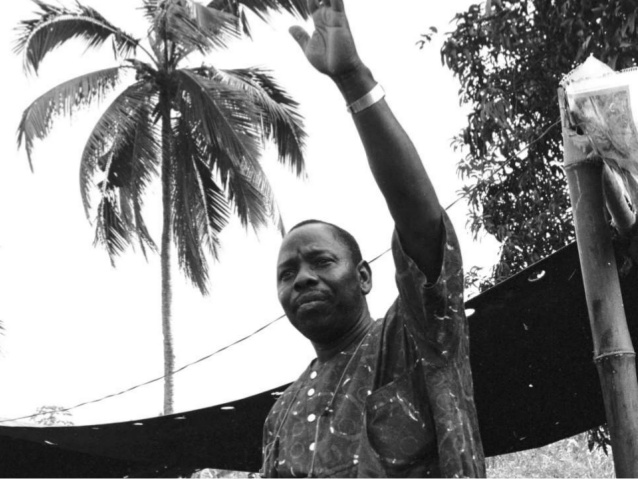About a decade and half ago, the less than 200,000 population nation of subsistent farmers was dependent on an annual national budget of $25 million with aid accounting for about 80 per cent of its income.
Neck deep in a $300 million debt, the country was unattractive to investors. All that changed with the discovery of oil in the JDZ in 2006 by ChevronTexaco. As far back as 1995, there had been suggestions that the country was sitting on top of oil.
In 1997, for instance, Environmental Remedial Holding Company, ERHC, a Houston-based Nigerian company bid $5 million to hold exclusive exploration rights to Sao Tome’s waters. The unknown company with no oil exploration credentials was later bought over by Sir Emeka Offor, the Nigerian businessman who later renamed the company Chrome.
It was the first major foray by Nigeria into the country. New discoveries in nearby areas with similar geology in the Gulf of Guinea , such as offshore Nigeria and the Ceiba and Okume fields offshore Equatorial Guinea brought Sao Tome ’s prospects firmly in focus.
Activities on the JDZ effectively opened in 2003 when the JDA put nine oil blocks on offer. In April 2004, one of the blocks, JDZ Block 1, was awarded to a consortium led by ChevronTexaco with a 51 per cent, ExxonMobil, 40 percent; and Dangote Energy Equity Resources (nine percent).
Other blocks were not awarded due to lack of technical competence on the part of the competing companies. The JDZ Block 1 production sharing contract, PSC, was signed in February 2005 attracting a signature bonus in the value of $123 million.
In the second licensing exercise, officially known as the 2004 bid round, the JDZ Blocks 2, 3, 4, 5 and 6 were put on offer, attracting a total of 26 bids from 22 companies. All five blocks were awarded in May 2005 with more than 25 per cent of the stakes going to Nigerian companies.
The PSCs covering blocks 2, 3 and 4 were awarded in March 2006 while contract negotiations for blocks 5 and 6 were allegedly stalled by what a source in Sao Tome described as “the activities of some elements close to the Nigerian seat of power who used their influence with the immediate past Nigerian government (Obasanjo regime) to bring things to a stand still.
In the two licensing rounds, the JDA raked a handsome $324 million as signature bonus. Shared on the abiding 60:40 per cent arrangement between Nigeria and Sao Tome and Principe on the JDZ, the former must have earned $194 million and the latter $129 million.
“For us, that amount ($129 million) is much. You can not imagine what our economy will be if that kind of amount is being injected into the economy. Sincerely, we can’t wait for when we will start producing oil,” an obviously excited Isabelle Alfonso, a Principe school teacher, said.



